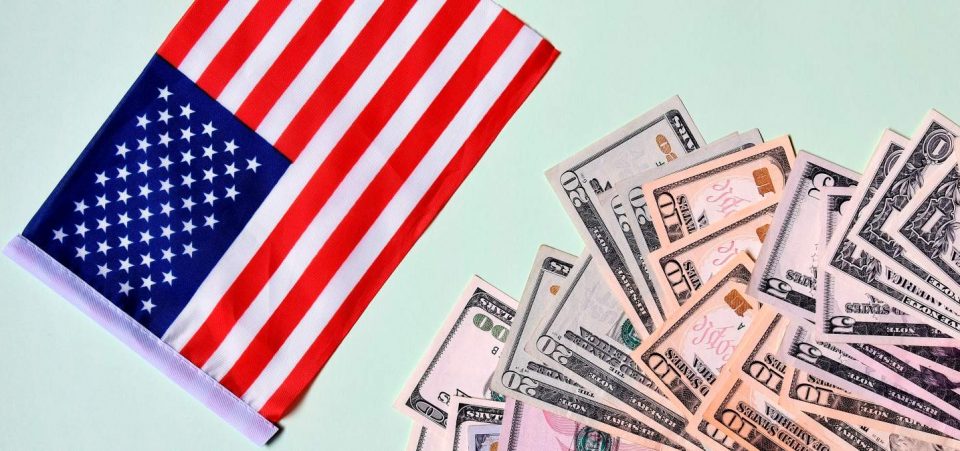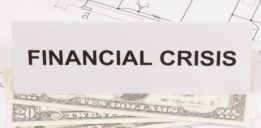Present & Future of the American Economy
At the moment, no matter where you look, the U.S. economy seems to be in very good shape. Thank you, Federal Reserve and U.S. government.
But don’t get complacent. It’s important to look ahead and not get bogged down by what’s happening in 2021.
The immense amount of money-printing by the Fed and the spending by the U.S. government in the midst of the COVID-19 pandemic have made many things look amazing. The economic data is pretty evident.
The job market has been robust. Businesses got bailed out or were given subsidies to keep their employees.
Big businesses in the U.S. economy have strengthened their balance sheets. Their profitability has been solid, and low interest rates have helped them borrow money for next to nothing.
Consumers have been happy. They were paid by the U.S. government during the pandemic—in the form of stimulus checks. Americans who were laid off were given extra unemployment benefits. Consumers’ savings have skyrocketed.
Consumption has been robust. Retail sales have improved by a lot, car sales have been strong, and e-commerce sales have been booming.
The financial sector has been roaring. The Federal Reserve jumped in and made sure the financial system didn’t collapse. It printed more money within a few weeks in the early days of the pandemic than it did during the 2008–2009 financial crisis. Banks have been raising their dividends and re-starting their massive share buybacks.
The housing market has been hot. Low interest rates have helped the buying, leading home prices to surge.
And the list goes on.
Moreover, the Federal Reserve has a robust outlook for the U.S. economy in 2021. It now expects U.S. gross domestic product (GDP) to grow by seven percent this year. Mind you, back in March, the Fed expected U.S. GDP to grow by 6.5% in 2021. (Source: “Summary of Economic Projections,” Board of Governors of the Federal Reserve System, June 16, 2021.)
Look Ahead, Not at What Has Already Happened
Dear reader, no doubt everything is looking great at the moment for the U.S. economy. Some have even said the U.S. could be headed toward a period like the Roaring Twenties.
Here’s one question that needs to be asked, however: Can the U.S. economy keep at this pace for the next few years?
There’s one big flaw with the economic data I see. It’s not forward-looking. It tells us what has happened a month or quarter ago.
Understand this: the easy-money policies by the Federal Reserve and the spending by the U.S. government have put a Band-Aid on a deep wound. This is making 2021 look amazing, and that’s all. The economic activity isn’t expected to be that great beyond 2021.
Even according to the Federal Reserve’s projections, the U.S. economy will significantly slow down in 2022 and beyond. But you won’t hear many people talk about it in the mainstream media.
The Fed expects U.S. GDP to grow by 3.3% in 2022. That would be a deceleration of 56% in the growth rate. The Federal Reserve then expects U.S. GDP to grow by just 2.4% in 2023. That would be 27% lower than the 2022 growth rate. The Fed expects U.S. GDP to grow by just 1.8% in in the longer term.
I wonder what investors will do when they find out the U.S. economy can’t keep growing at 2021’s pace in the long term. Will they sell their stocks? I also wonder what they’ll do if we get a recession, be it due to inflation shocks or interest-rate shocks. Could they panic-sell?
The music goes on for now. Let’s see how things are when it stops.






